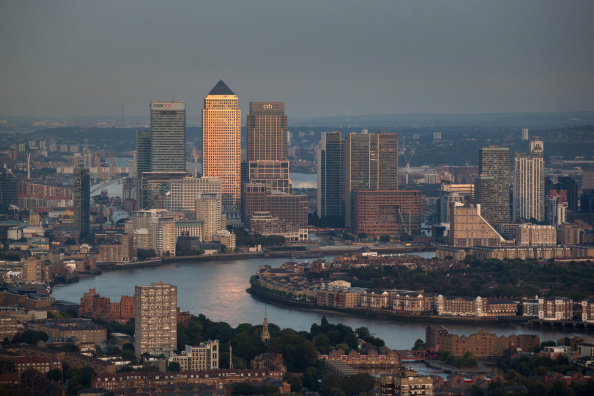London tightens grip on FX market in three years since Brexit vote

London has increased its dominance of global foreign exchange (FX) trading in the three years since Brexit, new figures have shown, in a sign that the City remains a top-two financial centre.
Read more: Hong Kong vows to chase London Stock Exchange after £32bn bid rejected
Between 2016 and April of this year, the share of foreign exchange trading taking place in the UK rose by six percentage points to 43 per cent of the global total, the latest central bank survey from the Bank for International Settlements (BIS) showed today.
Meanwhile, the UK overtook the US and recorded the highest average daily turnover in interest rate derivatives in the world in April. It amounted to $3.67 trillion (£2.96 trillion) – 50 per cent of the global total.
London has traditionally dominated the foriegn exchange and rate derivatives market thanks to its convenient time-zone position between the US and Asia, the English language, a strong legal system and relatively low taxes.
There had been fears, however, that the UK could lose its standing as its exit from the European Union made it a less attractive place to do business.
But today’s figures are “a clear vote of confidence in the City,” said Catherine McGuinness, policy chair at the City of London Corporation. “Despite challenging times, the fundamentals of the City remain strong.”
Peter Dixon, senior economist at Commerzbank, said the UK’s “huge amount of expertise and knowledge” in FX trading outweighed the negative effects of Brexit.
He said that although Brexit could hurt London’s standing in the equities and bonds markets, FX trading is largely carried out by computer algorithms and has lighter regulations.
“Although a lot of the trading personnel in various other markets will have to move elsewhere to trade with the counterparts in the EU, that’s not true of FX to the same extent.” He added:
On an average day in April, $3.58 trillion (£2.88 trillion) of currency was traded through London, up from $2.41 trillion in 2016.
Read more: London Stock Exchange denies eyeing up move to Hackney
While Britain tightened its grip on FX trading, the US saw its market share of trades fall from 19.5 per cent in 2016 to 16.5 per cent in April 2019.
“Several other FX trading centres also gained in prominence,” BIS said in its report. “In particular, mainland China recorded a significant rise in trading activity, to $136bn in 2019, or an 87 per cent increase since 2016.”
(Image credit: Getty)